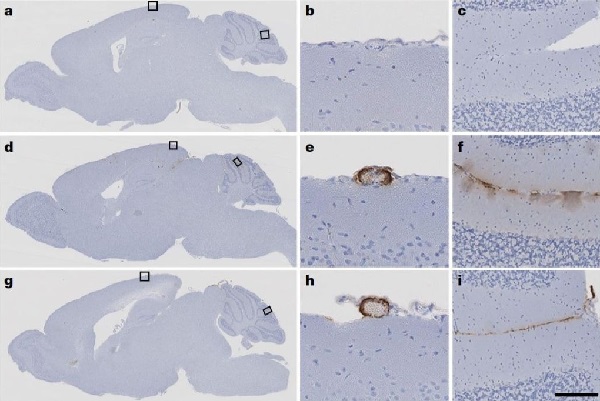
Amyloid Pathology Transmission in Lab Mice and Historic Medical Treatments
A UCL-led study has confirmed that some vials of a hormone used in discontinued medical treatments contained seeds of a protein implicated in Alzheimer’s disease, and are able to seed amyloid pathology in mice.
The research, published in Nature, follows on from the team’s 2015 study that found evidence of amyloid pathology in people who had developed Creutzfeldt-Jakob disease (CJD) following treatments with human growth hormone extracted from large pools of pituitary glands removed from deceased individuals at autopsy.
This new research confirms that certain batches of this hormone did indeed contain seeds of the amyloid beta protein and found, in a new experimental study, that the hormone batches transmitted amyloid pathology to laboratory mice.
The findings support the team’s hypothesis that amyloid beta was accidentally transmitted to patients via this long since discontinued medical treatment.

